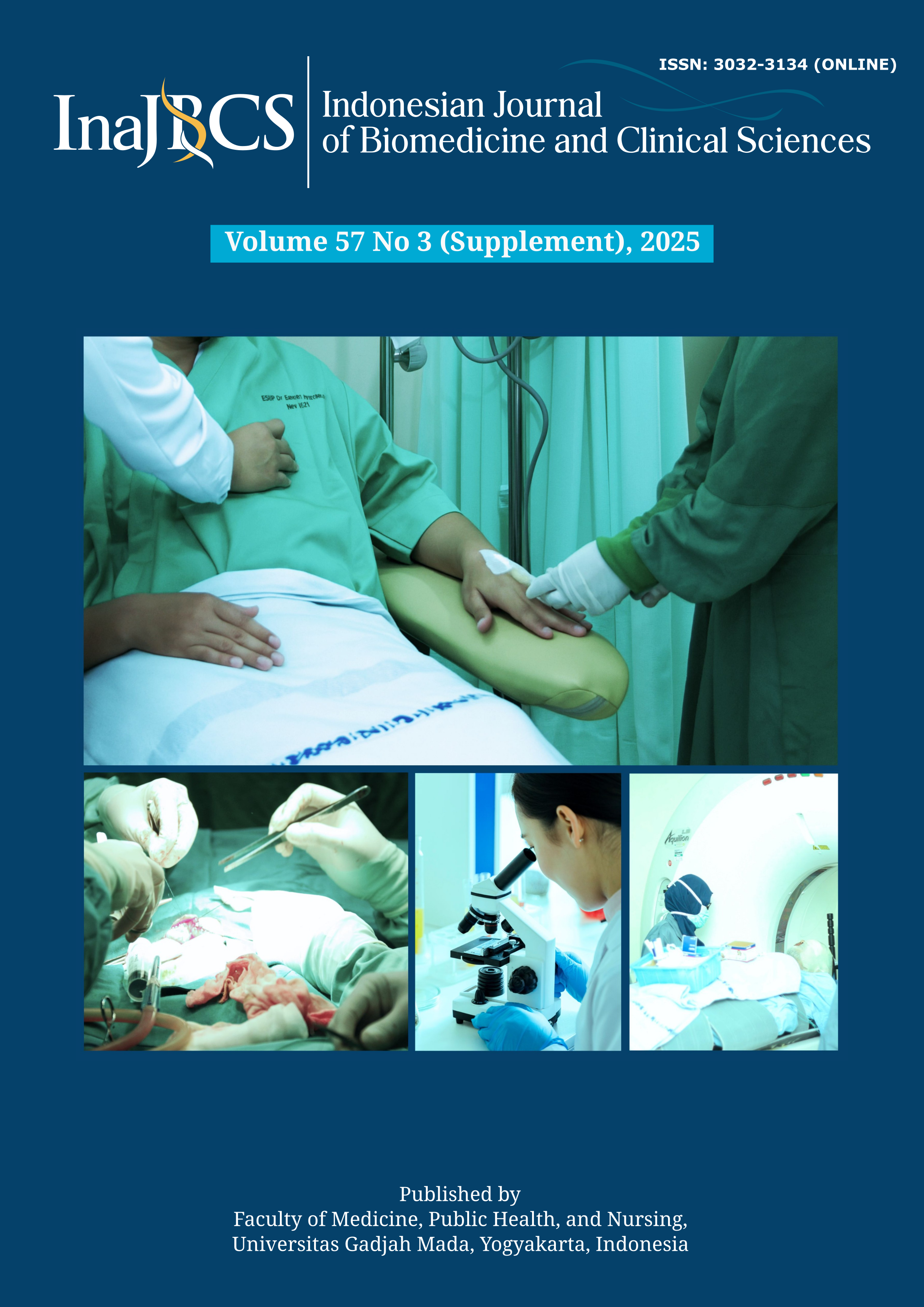A Severe Hyponatremia in a Renal Cell Carcinoma Patient Treated with Pembrolizumab: Possible Immune Checkpoint Inhibitor–Induced Secondary Adrenal Insufficiency
Abstract
Pembrolizumab, an anti–PD-1 antibody, is widely used in cancers such as lung, colorectal, bladder, endometrial, prostate, and renal cell carcinoma. Despite its efficacy, it may cause immune-related adverse events (irAEs), including the rare but serious adrenal insufficiency (AI). A 67-year-old male admitted to hospital due to generalized fatigue, epigastric pain, and nausea for several days prior to admission. He had a known history of advanced stage renal cell carcinoma and was undergoing treatment with lenvatinib plus pembrolizumab as therapy adjuvant, administered two weeks before symptom onset. On physical examination, the patient was hypertensive and had an irregular pulse. He had severe hyponatremia (sodium: 113 mmol/L (130-145 mmol/L)) and hypochloremia (79 mmol/L (95-108 nmol/L)), along with elevated blood urea nitrogen and creatinine levels (urea: 64 mg/dL(10-50 mg/dL); creatinine: 2.2 mg/dL(0.3-1.2 nmol/dL)). The patient was started on 3% hypertonic saline at 12 mL/hour and monitored at 8-hour intervals. Despite the treatment, decrease only improved to 113 mmol/L and 116 mmol/L over the next 16 hours. Subsequently, high-dose methylprednisolone (62.5 mg twice daily) was administered while continuing hypertonic saline. Serial sodium measurements every 8 hours showed progressive correction until reached 132 mmol/L in the end of treatment. Due to limited resources, serum cortisol and ACTH levels could not be assessed. Immune checkpoint inhibitors can cause endocrine irAEs such as thyroid dysfunction, hypopituitarism, and AI. Although rare, AI can be life-threatening if untreated. Secondary AI is more common than primary in pembrolizumab therapy, often due to hypophysitis or isolated ACTH deficiency. Symptoms are nonspecific (fatigue, nausea, weight loss), with hyponatremia being a key clue. Diagnosis relies on cortisol and ACTH measurement. Adrenal insufficiency, though uncommon, is a serious irAE of pembrolizumab. Clinicians should suspect secondary AI in ICI-treated patients presenting with severe hyponatremia, especially in resource-limited settings.






